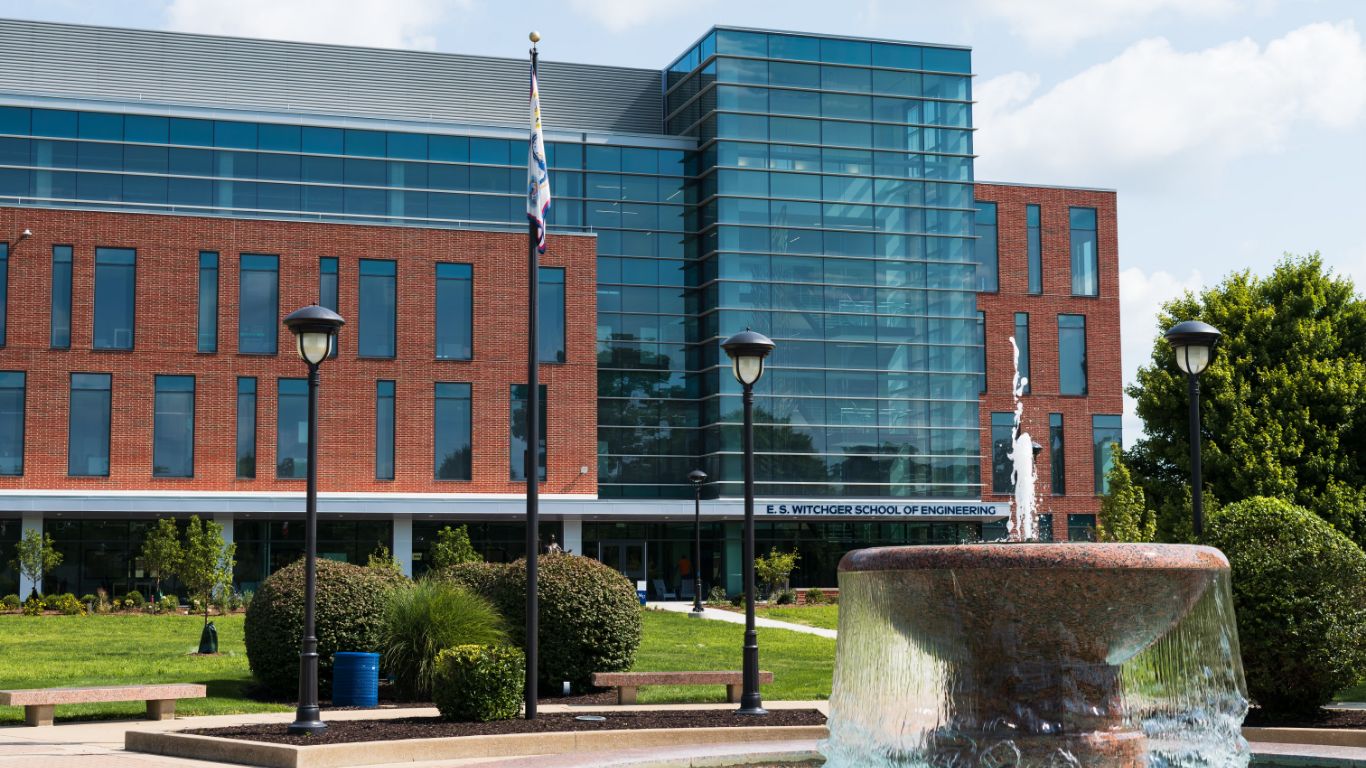
Biomedical engineers bridge the medical and engineering disciplines to improve health and society. Biomedical engineers are involved in the design of new medical devices such as prosthetics, artificial limbs and organs, medical imaging systems, neuroscience, wearable health sensors, health information technologies, and medical informatics, as well as numerous other applications.
B.S. in Biomedical Engineering
Computer engineering involves the design and development of computer and networking systems. Computer engineering requires knowledge of electrical engineering and computer science to research, design and develop hardware and software solutions.
Engineering physics provides students with broad exposure to applied physics across multiple fields.
Mechanical engineering is one of the oldest and perhaps broadest engineering disciplines spanning areas such as materials science, mechanics, fluid mechanics, energy production, and robotics, to name a few. Mechanical engineers combine engineering physics, mathematics, and materials science to design, develop, manufacture and maintain mechanical systems.
B.S. in Mechanical Engineering
The Marian University College of Osteopathic Medicine (MU-COM) has programs that will give Marian University E.S. Witchger Engineering pre-medical students additional opportunities for admission into MU-COM.